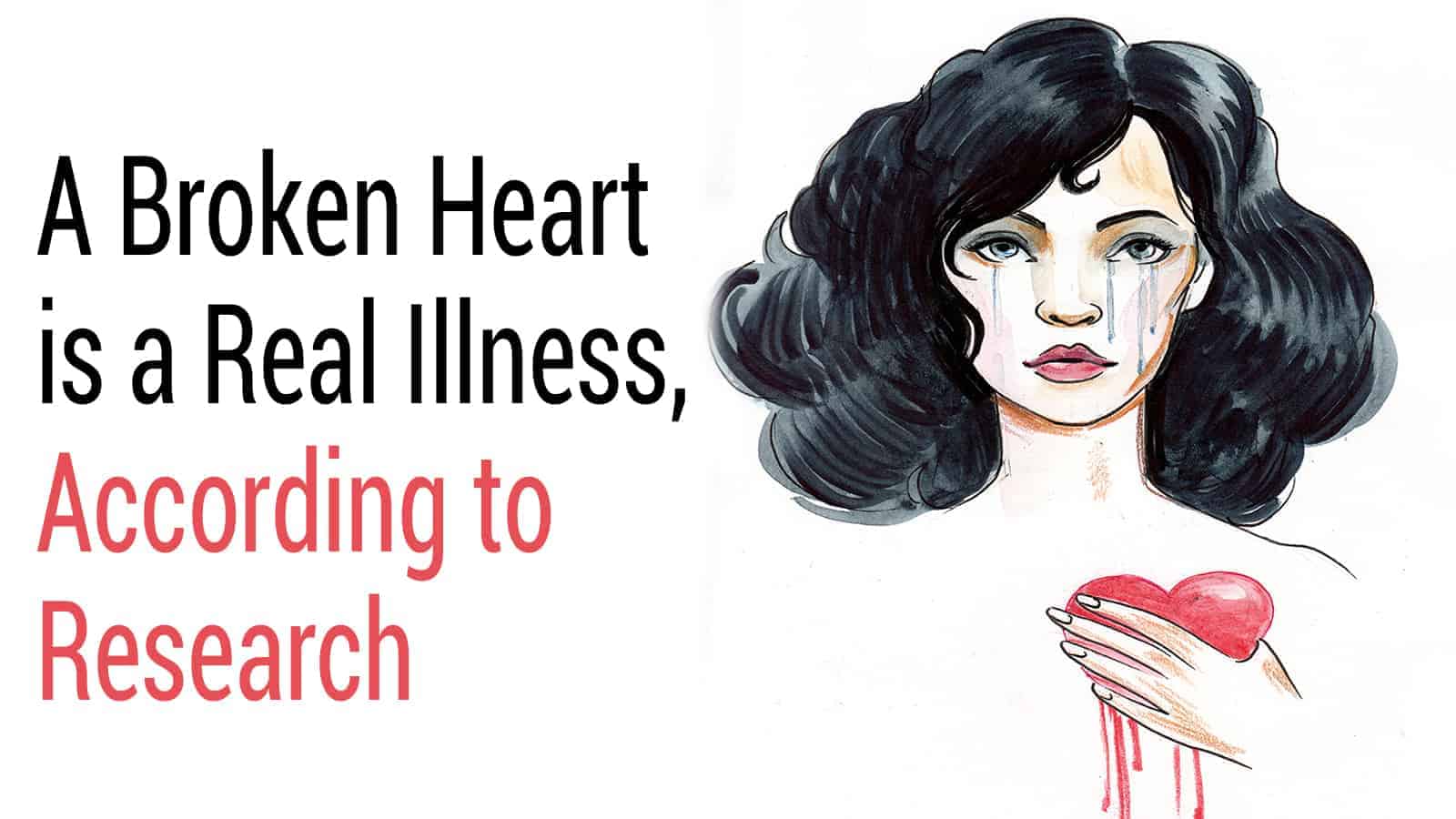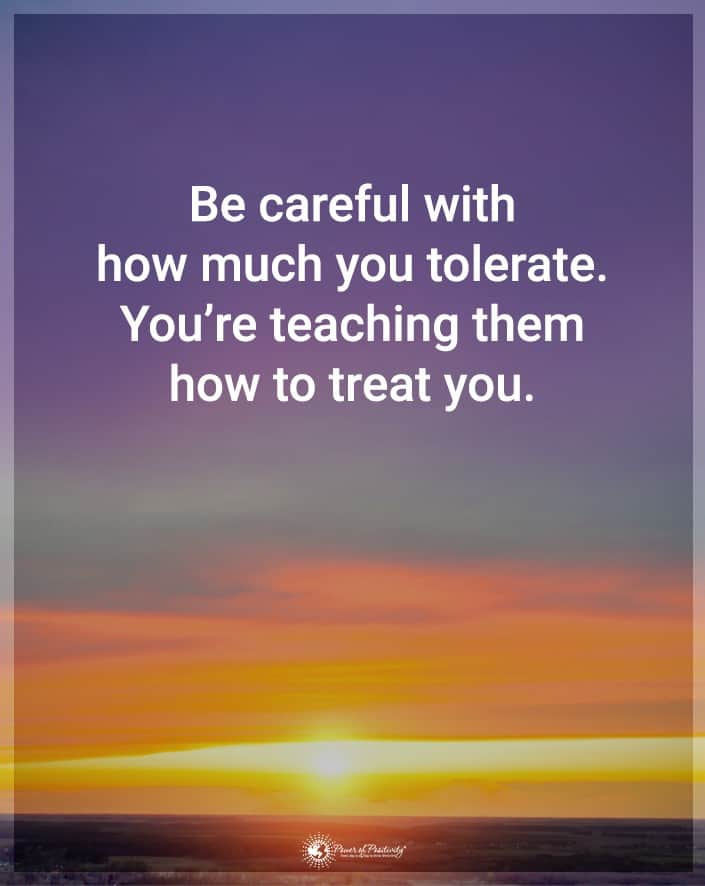Have you ever gotten your heart broken? The earth-shattering, world-upending experience is a significant roller coaster of emotions, memories, and a lot of complex thoughts. You may become drained, feel unmotivated, or feel stuck or trapped in the awfulness of your feelings.
With how severe a broken heart can feel, one wonders if it’s a more severe problem – specifically, one that requires medical attention. Is a broken heart an actual illness, and how can you move on? Let’s talk about that and three ways to help you heal.
Is A Broken Heart A Real Illness?
We rounded up the research proving that heartbreak can sometimes be an actual ailment.
1. Why Does A Broken Heart Hurt?
If you’ve ever had your heartbroken, you know that it can manifest with physical pain in your chest, even when your heart’s health is otherwise fine. The language around the concept of a broken heart often involves physical terms, too, such as how it feels “gut-wrenching,” like your heart’s been “torn out,” or like you’ve been “slapped in the face.”
This kind of language indicates how human beings experience physical pain when it comes to a broken heart. This happens because of hormones. When you experience positive feelings, powerful ones like love, your brain releases many different neurotransmitters that make you feel good, like oxytocin and dopamine. It’s what makes you feel attached to someone and want to be around them.
When your heart is broken, these hormones suddenly and dramatically plummet, replaced with cortisol. A potent stress hormone is released when you enter fight-or-flight mode. This can cause many different physical responses, including anxiety, panic attacks with chest pains, acne, and even physical experiences of pain.
2. Can A Broken Heart Become a Medical Illness?
Getting your heart broken can contribute to mental illnesses like depression, anxiety, and other similar disorders. But can a broken heart itself be a medical illness? In most cases, it’s a simple temporary case of pain, discomfort, and low mood. But in some situations, it can escalate into a recognized medical problem.
“Broken heart syndrome” is the common phrase used to refer to this phenomenon, but the medical terms are Takotsubo cardiomyopathy, stress cardiomyopathy, or simply Takotsubo syndrome. This is a form of cardiomyopathy when the heart muscles weaken in a non-ischemic and quick manner. It typically occurs after a significant emotional stressor, through physical means, can also induce it.
A rather complex disorder, there aren’t definite causes for it, though most research leans towards the suggestion that the dramatic release of stress hormones can “surprise” the heart and “stun” it. This can cause the cells and blood vessels of the heart to change, weakening the left ventricle and preventing it from efficiently pumping oxygenated blood for the body’s use. Although 28.5% of individuals who experience broken heart syndrome don’t come with clear triggers, the most common causes are:
- Tragedies such as natural disasters or accidents
- Intense, violent, or emotionally tense arguments and disagreements
- Unexpected deaths of loved ones
- Severe financial losses
- Unexpected medical diagnoses, especially of a severe, chronic, or terminal illness
- Exerting a lot of physical effort in excess
- Surviving or handling domestic abuse
- Conflicts among family, relationships, and even at work
- Facing significant fears or phobias
- Physical ailments, such as head trauma, surgery, or severe onset of diseases
- The presence of mental health disorders, which increases risk according to studies
- Positive stressful events, like a pleasant surprise
3. Symptoms Of A Broken Heart As A Medical Illness
Many physical symptoms of a broken heart don’t constitute medical illnesses. They can result from panic, hormonal changes, and other similar forms of distress and usually go away with time.
If you do develop broken heart syndrome, be aware of symptoms that crop up a few minutes to a few hours after stress exposure, such as:
- Irregular or uneven heartbeat
- Chest palpitations
- Chest pain
- Breathing or respiratory difficulty
- Fainting and loss of consciousness
These symptoms cover a wide range of heart-related problems, so their presence should be treated as a possible medical emergency, even if you believe it is only Takotsubo cardiomyopathy. On that note, it’s a good idea to keep in mind that heart attacks and broken heart syndrome aren’t the same things. It is not a heart attack if:
- EKG tests don’t produce any results similar to those of heart attacks
- There are no blockages of the arteries in the heart
- Blood tests don’t produce any signs of heart damage
- There are no odd movements, swelling, or changes of the left ventricle of the heart
- Recovery time occurs very quickly, often within the span of a few days or a few weeks
4. Can You Die From A Broken Heart?
Naturally, the most common concern of broken heart syndrome is whether or not it is fatal. The good news is that most individuals who experience it will recover, even if the initial onset seems very grave. Most of them will not continue to experience any complications as a result of the syndrome. In other words, the prognosis is highly positive. This outcome includes when:
- The systolic function of the ventricles is significantly compromised in the beginning; most cases of this kind begin to get better in a few days and then resolve within a few months.
- In-patient care is necessary for the acute initial stages; most individuals improve even in awful conditions.
- Recurrence of broken heart syndrome happens due to similar exposure to an additional trigger; this is rare to begin with, and can be treated when it occurs.
However, all illnesses carry some form of risk, so it is a good idea to be realistic and reasonable. Adverse outcomes may occur when:
- Arrhythmia, or irregular rhythm of the heart, escalates to lethal levels or causes heart failure.
- Cardiogenic shock occurs as a result of the syndrome.
- The heart walls rupture as a result.
- The heart becomes significantly weakened following the onset of the syndrome.
- No treatment is provided to the symptoms when they occur.
3 Ways To Heal From A Broken Heart
Here is how to start recovering from heartbreak.1. Take Care Of Yourself
If your heart has been broken, you may become overly focused on the cause of the pain and be unable to think of yourself or manage your life well. It is outstanding to need a few days to recover from the initial pain, but don’t forget that healing requires self-care in the following ways:
- Eating a relatively healthy diet and steering clear of junk foods that trigger inflammation, promote depression, and make you feel worse.
- Getting enough sleep, so you are sufficiently rested and recharged every day to heal and recover.
- Requesting help and support when needed instead of withdrawing and overloading yourself by trying to get into it.
- Understanding feelings of guilt, shame, or self-loathing that have cropped up from the incident and being gentle with yourself instead of leaning into them.
- Paying attention to your needs and trying to meet them or acknowledge them in positive ways, even if that requires re-evaluating them in the process.
- Stopping the act of rebounds into impulsive arrangements and situations to distract yourself, as this action will only worsen the effects and make you feel more negative, as studies
2. Allow Yourself To Feel
The healing process involves… well… processing! This sounds a little convoluted, but it simply means that you need to process your emotions to recover from them entirely. This means that, no matter how much pain you’re in with your broken heart, you have to allow yourself to feel the full spectrum of that hurt.
It is natural to avoid or try to escape the negative emotions you experience, insisting on positive thinking. Many people make the mistake of trying to push their feelings away and ignore them, burying them in the recesses of their minds. Those emotions fester and grow deep down, and they begin to shift and change into different, complex feelings that attempt to cover up the initial root.
Don’t let this happen to you. While it is okay to find ways to distract yourself sometimes, the healing process means you have to sit with your feelings intentionally. It will hurt tremendously, but in the long run, it will also heal. Let yourself cry, rage, and express your feelings through art by ranting to a willing listener or pondering them.
3. Remember To Validate Yourself
Your emotions are real and valid, and they deserve to be believed, comforted and understood. As you recover from your broken heart, there will be moments when you question yourself or even feel guilty about your healing process. This can be detrimental to your overall recovery as it makes you ashamed of your process.
Remember, then, to validate yourself and how you feel with positive thinking. Here are some things to keep in mind:
· There’s No Time Limit For Healing
Some broken hearts are easy to mend, and others take a long time. While you should always be working towards recovery, remember that it’s okay if it takes you a long time to finish the process, and remember that it’s natural to be affected by something that profoundly hurts you, even a while after the fact.
· It’s Not A Contest
Some people bounce back quickly, and you may think you’re taking too long as a result. Some people may grieve openly and powerfully, and you may feel guilty that you’re not able to express your feelings fully. There are so many different people in the world who will handle a broken heart differently from you, with different coping mechanisms and varying degrees of openness. It is not a competition. Focus on yourself and what works for you.
· Be Kind To Yourself
You are going through a difficult period, and you deserve your kindness. Too often, people are harsher on themselves than they will ever be with others. Treat yourself as you would treat a loved one or close friend, and remember that it’s okay to feel how you feel.
Final Thoughts On Some Ways To Heal From A Broken Heart
It’s not easy to recover from a broken heart. There is no shame in needing support or help from others, whether professionally or socially. Whether you have broken heart syndrome (which requires medical attention) or simply an aching broken heart, it is okay not to be okay, and it is okay to take your time to heal and feel better.

















 Community
Community

